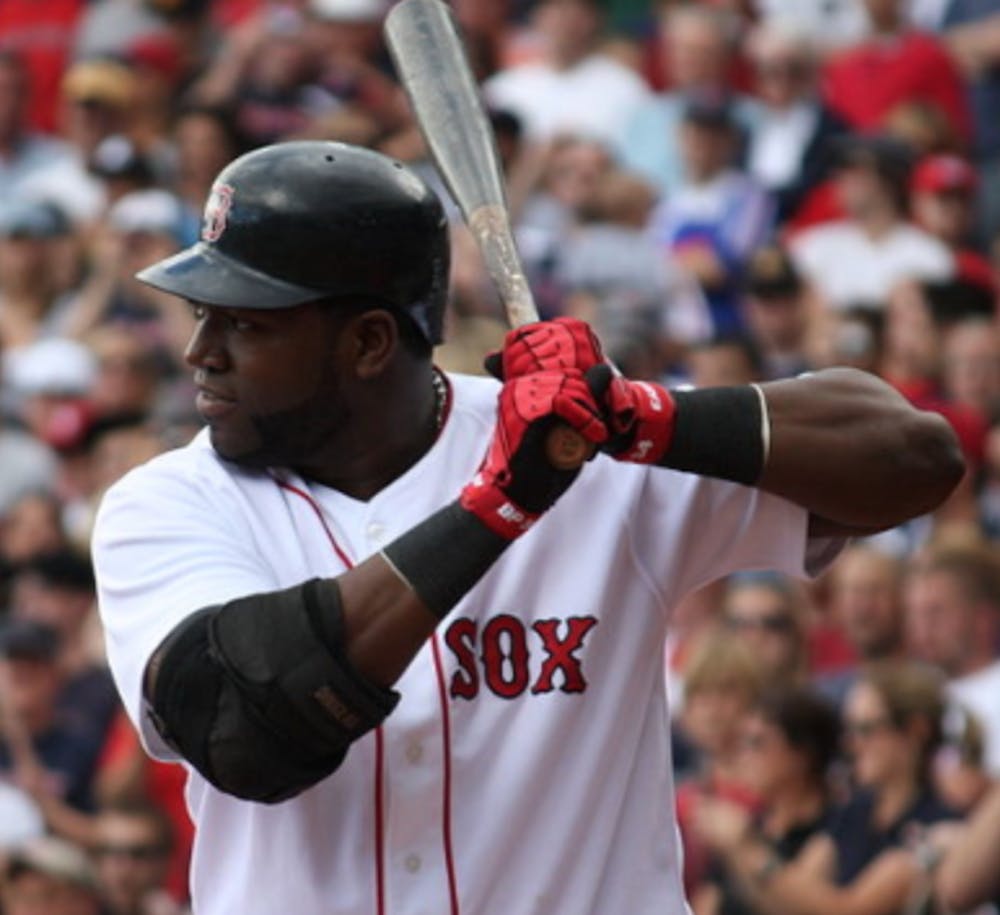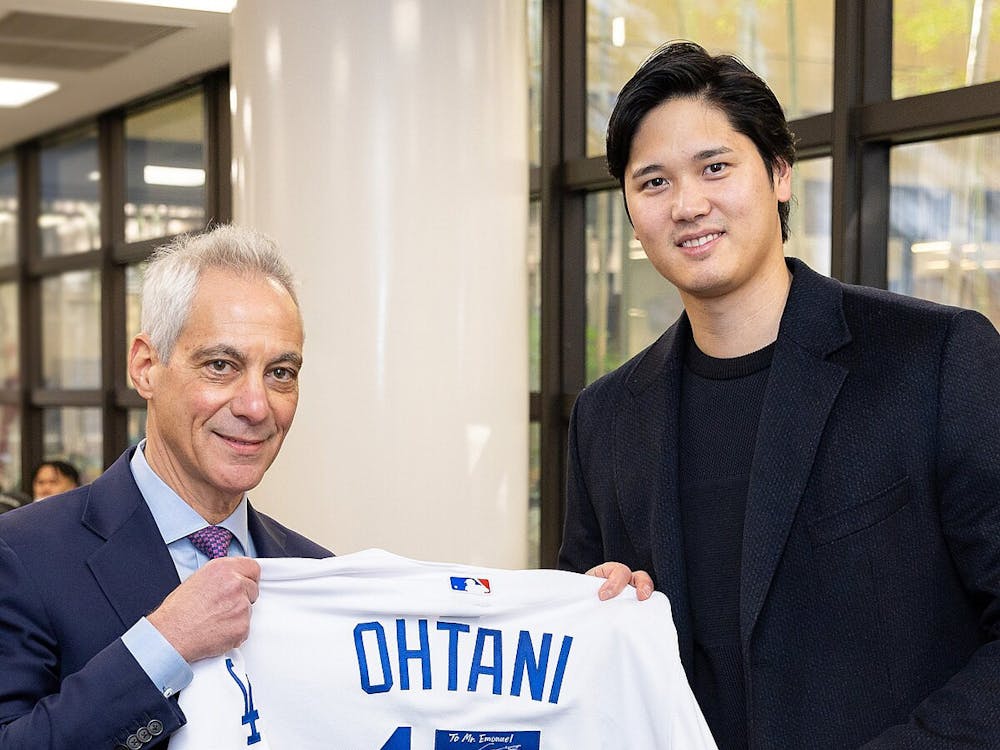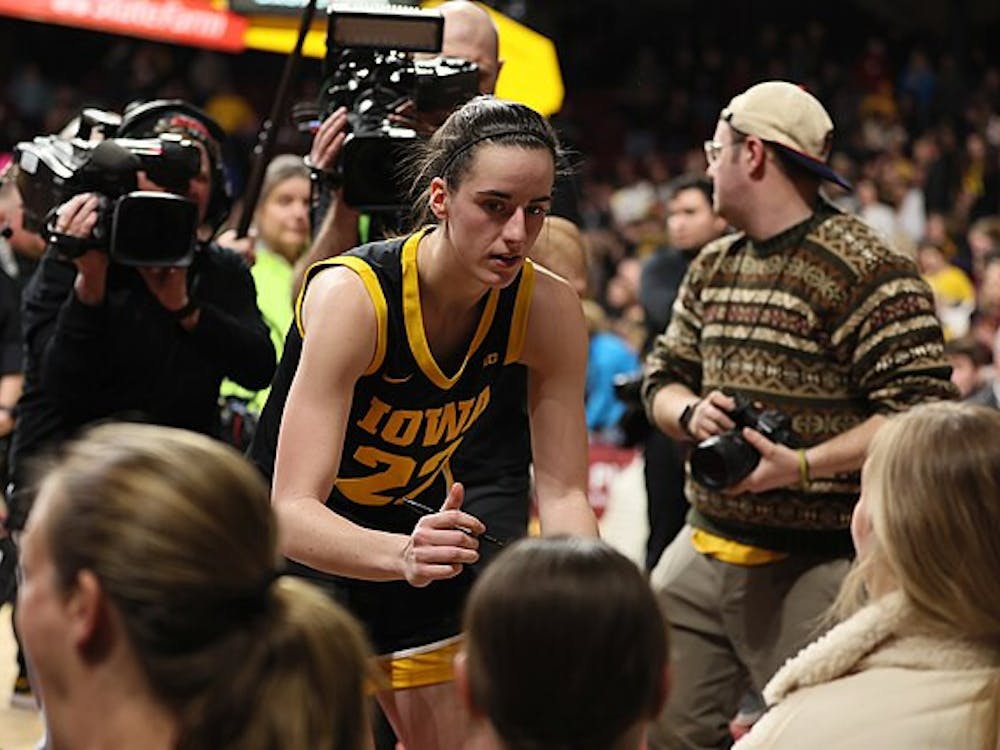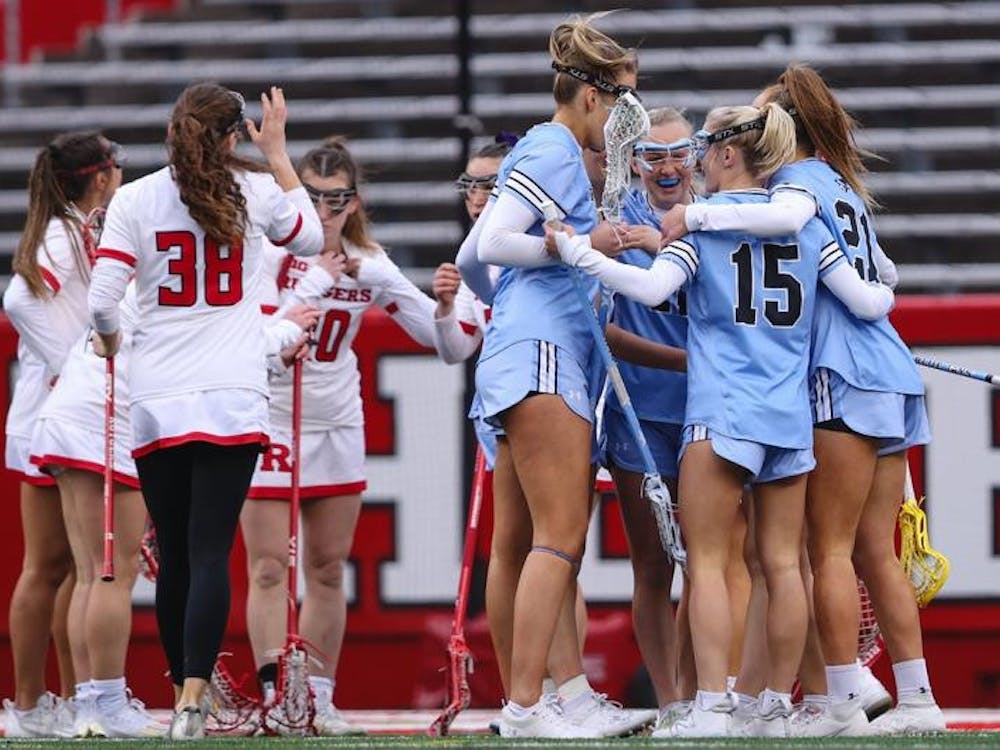On Jan. 22, 2003, the Red Sox franchise changed forever. It was late in the offseason, and spring training was just weeks away. The majority of the biggest names on the free agent market had already found new homes. David Ortiz, who was released the month before by the Minnesota Twins, was signed by the Red Sox to a one-year $1.2 million contract. The move generated little buzz across baseball since Ortiz was one of several low-cost bats that the team brought in to bolster their lineup.
Ortiz’s career with the Red Sox was not harmonious from the start. He faced significant competition at the first base and designated hitter spot to start the season. With the likes of Shea Hillenbrand, Jeremy Giambi, Bill Mueller and Kevin Millar all vying for playing time, Ortiz struggled to get on the field, forcing him to request a trade from the team. Fortunately, the team traded away Giambi and Hillenbrand instead, opening up a full time role for Ortiz.
From this point on, Ortiz turned into one of the most prolific hitters to ever play major league baseball. Quickly bonding with fellow Dominican slugger Manny Ramirez, the two formed one of the most feared duos in all of baseball. Even after Ramirez left, Ortiz anchored the Red Sox lineup for well over a decade, bringing home three World Series Championships and countless memories in the process.
On Oct. 10, the Red Sox were eliminated from the playoffs, thus ending the storied career of Ortiz, also affectionately known as Big Papi.
What makes Ortiz so special goes beyond the box score or a list of accomplishments. While the Patriots, Celtics and Bruins have all had periods of tremendous success in Boston, the city has been a baseball town since the early 1900s. Love for baseball and the Red Sox has been passed down generations of Bostonians.
It is something that I, as the child of immigrants from a country where nobody played baseball, picked up a love for as well.
I vividly remember my father taking me to my first game as a six year old 2001 at Fenway Park, a rite of passage for anyone from Massachusetts. It was that one game, and the chance to see the great Pedro Martínez pitch in person, that got me hooked to the sport and the Red Sox for life.
Although I was very young when Ortiz came to Boston, I aware of the team’s history. I knew there misery involved with being a Red Sox fan. It had been 85 years since we had won a World Series Championship. I was well aware that fans before me had suffered through years of the Sox coming close to a Championship only to lose at the very end.
I was introduced to that frustration in 2003, when the Red Sox blew a lead in Game Seven of the ALCS against archrivals the New York Yankees. The morning after Aaron Boone hit that game winning home run to end the Red Sox’s championship hopes, I slouched in the hallway crying before class.
Just one year later, Ortiz led the Red Sox to the greatest comeback in sports history. They became the first team to win a playoff series despite falling behind by three games to none during the 2004 ALCS against the Yankees. It was that magical season that the Red Sox finally broke the Curse of the Bambino and brought an end to 86 years of agony and heartbreak in Boston.
There was no doubt Ortiz was on the way to becoming a Boston legend. Papi played the game with the same passion and energy with which Bostonians follow the game. I will admit, Red Sox fans get way more mad about losing than they should, but we also get more joy out of winning. And so did Big Papi. He exemplified the attitude and the grit that the Red Sox have so long displayed in the game of baseball.
In a game where so many players act like poised celebrities (think Alex Rodriguez, Bryce Harper), I was drawn to Big Papi because he did not play for the attention or public limelight, but he played as a true fan of the game.
Sure, this led to some outbursts and instances where he did not conduct himself in the best light. Attracting criticism through his career, he often lashed out at umpires and the media. But ultimately, it was his passion and pursuit of excellence that was behind all of the emotion.
Nobody is perfect, and in looking back at his career, I would never want Big Papi to lose even an ounce of his fire and love for the game. Big Papi was a Bostonian, and no moment better exemplifies this than his speech after the Boston Marathon Bombings, which had rocked the city and the nation just a week before.

In the first home game after the April 2013 terrorist attack, the Red Sox wore jerseys with Boston on the front, as opposed to the team name. Ortiz came out and spoke from his heart, closing with his now famous line “this is our f**king city.” His speech, while vulgar, reflected the character of Boston: tough, resilient and strong, even in the face of adversity.
What made Big Papi so special was that he was one of us, and more than just a big name sports star passing through for the highest paycheck. Arriving in 2003, he made it clear he loved the city just as any lifelong Bostonian did.
Even after defeat, the sellout crowd at Fenway Park stayed behind to give the future hall-of-famer a loud and passionate sendoff. The fans stood for several minutes giving the legend that had given so much to Boston the ovation he deserved.
As Big Papi, with tears in his eyes, saluted the Fenway Faithful, it became clear the greatest era in Red Sox history had come to an end. Along with the three World Series titles and the more than 500 home runs, Big Papi turned a tortured fan base conditioned to expect defeat no matter what into one that would never say die even in the most dire situations. Not even a prophet could have foretold this when the Red Sox signed Ortiz back in January 2003.























Please note All comments are eligible for publication in The News-Letter.